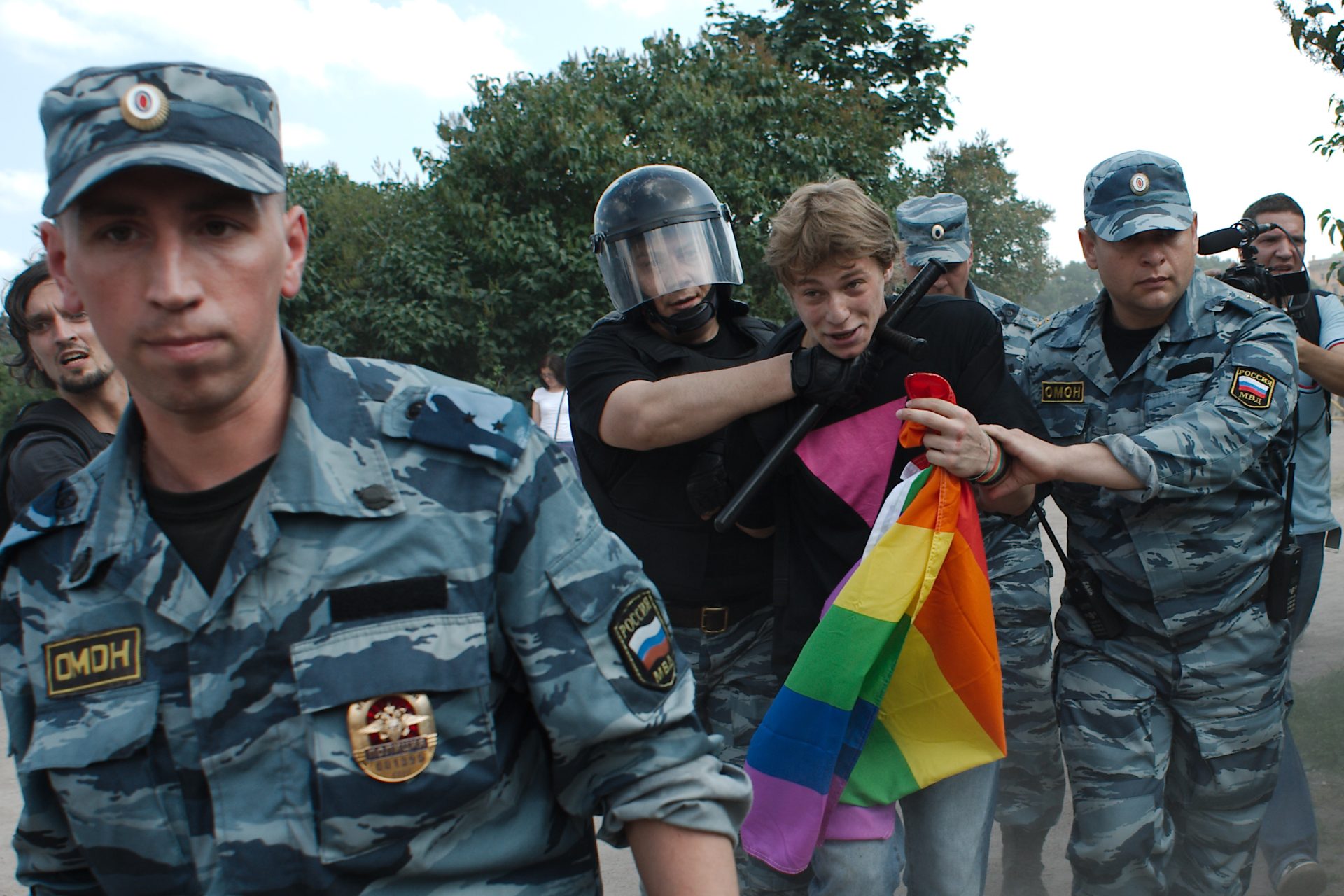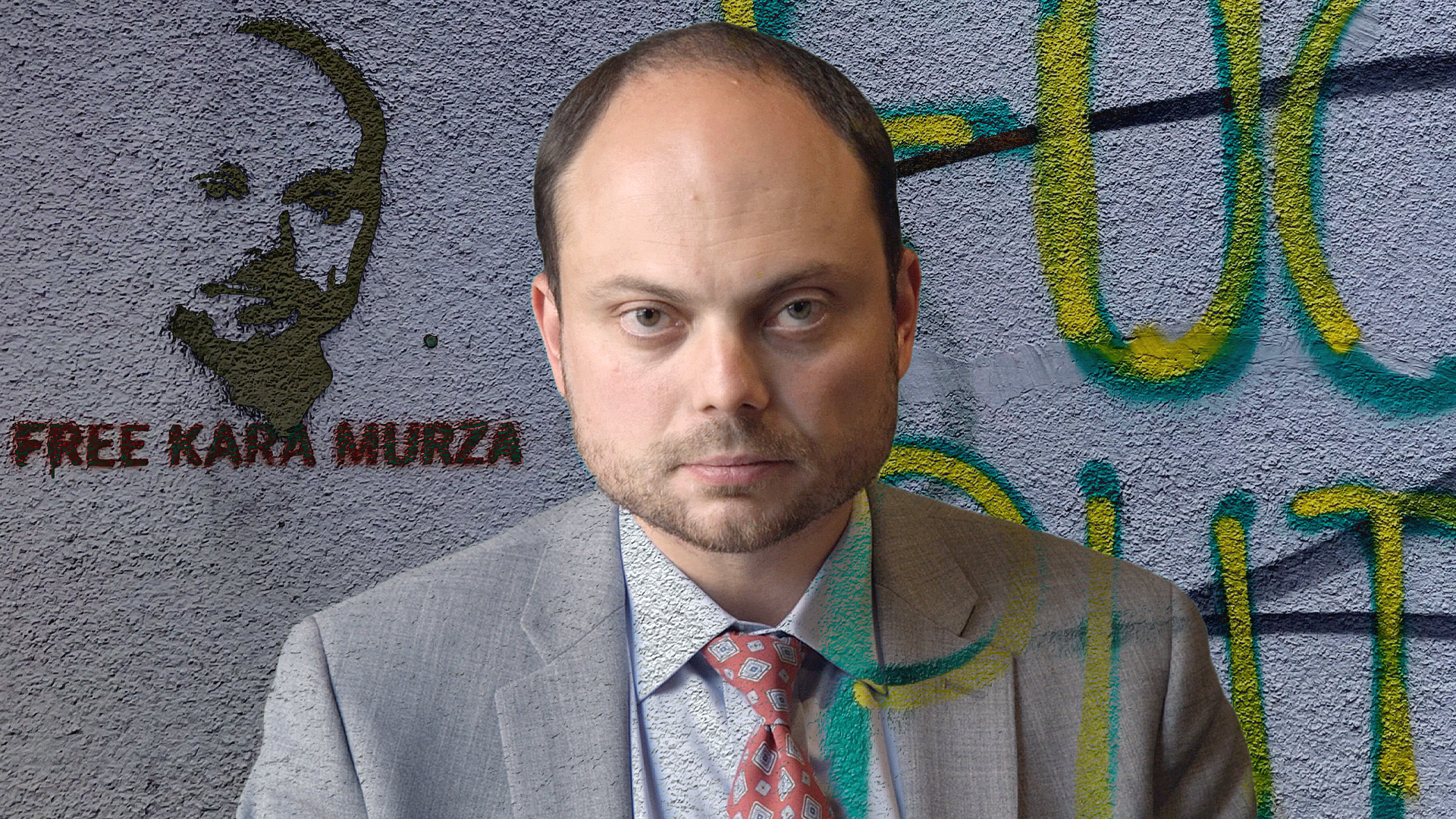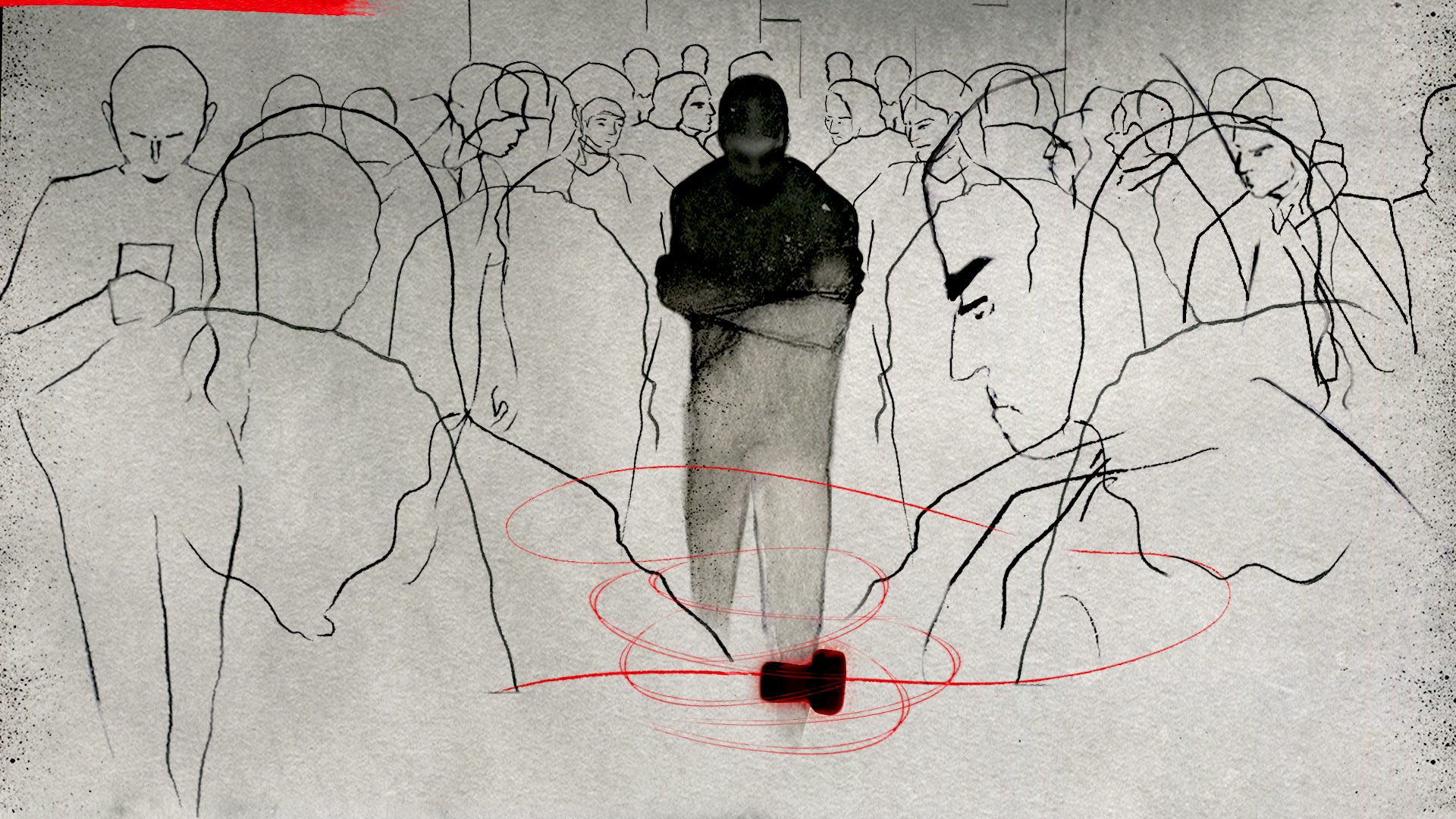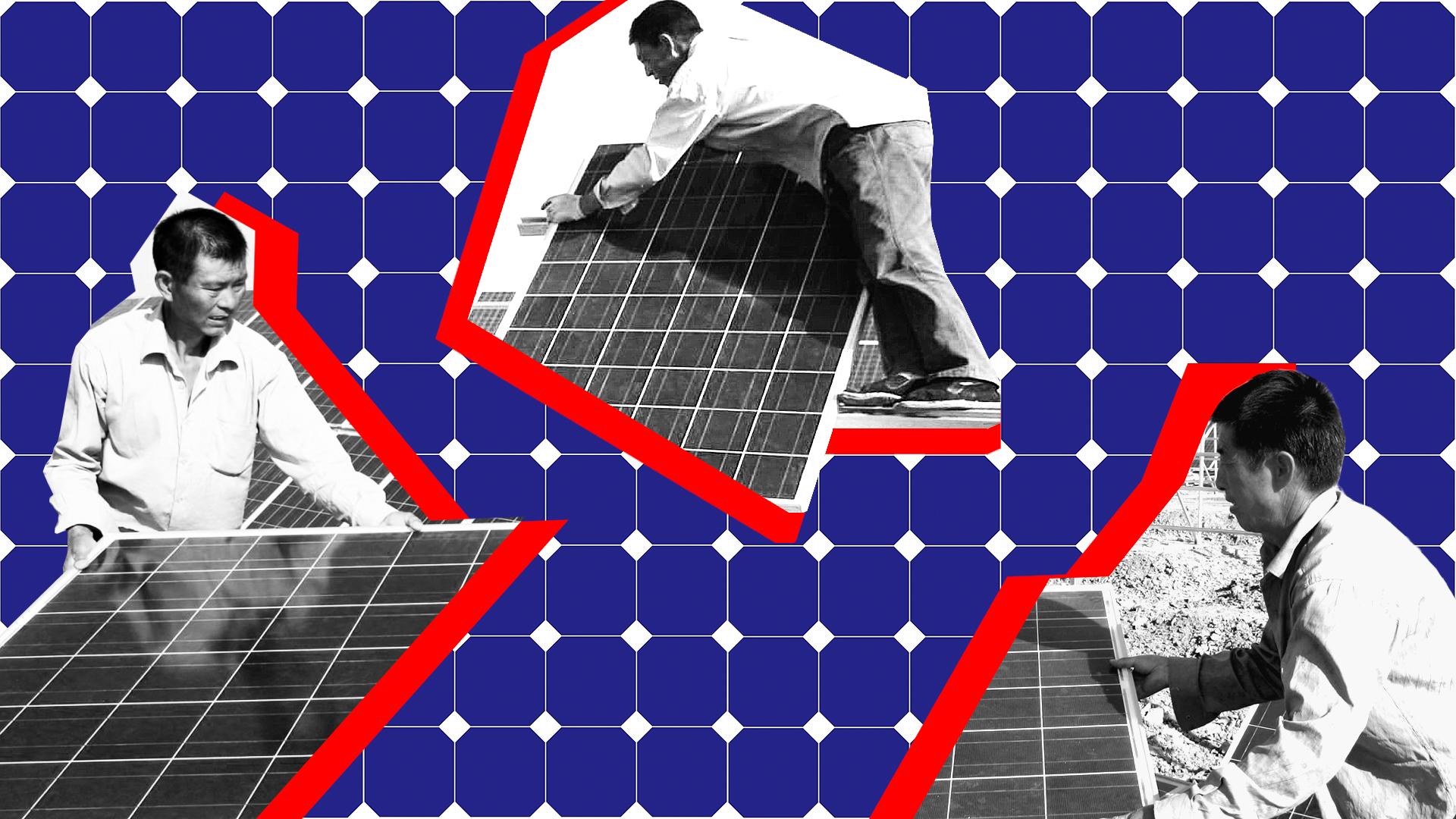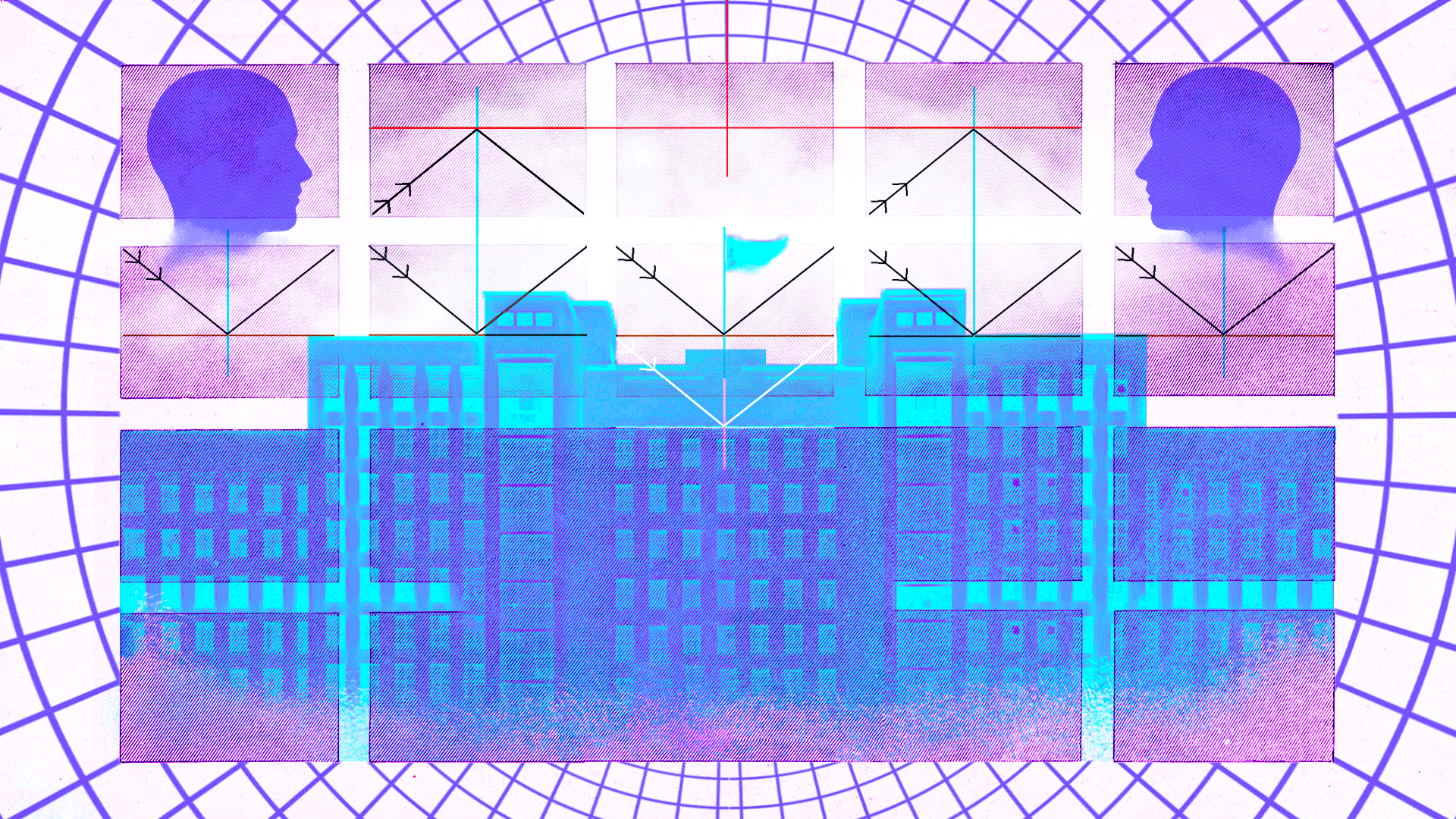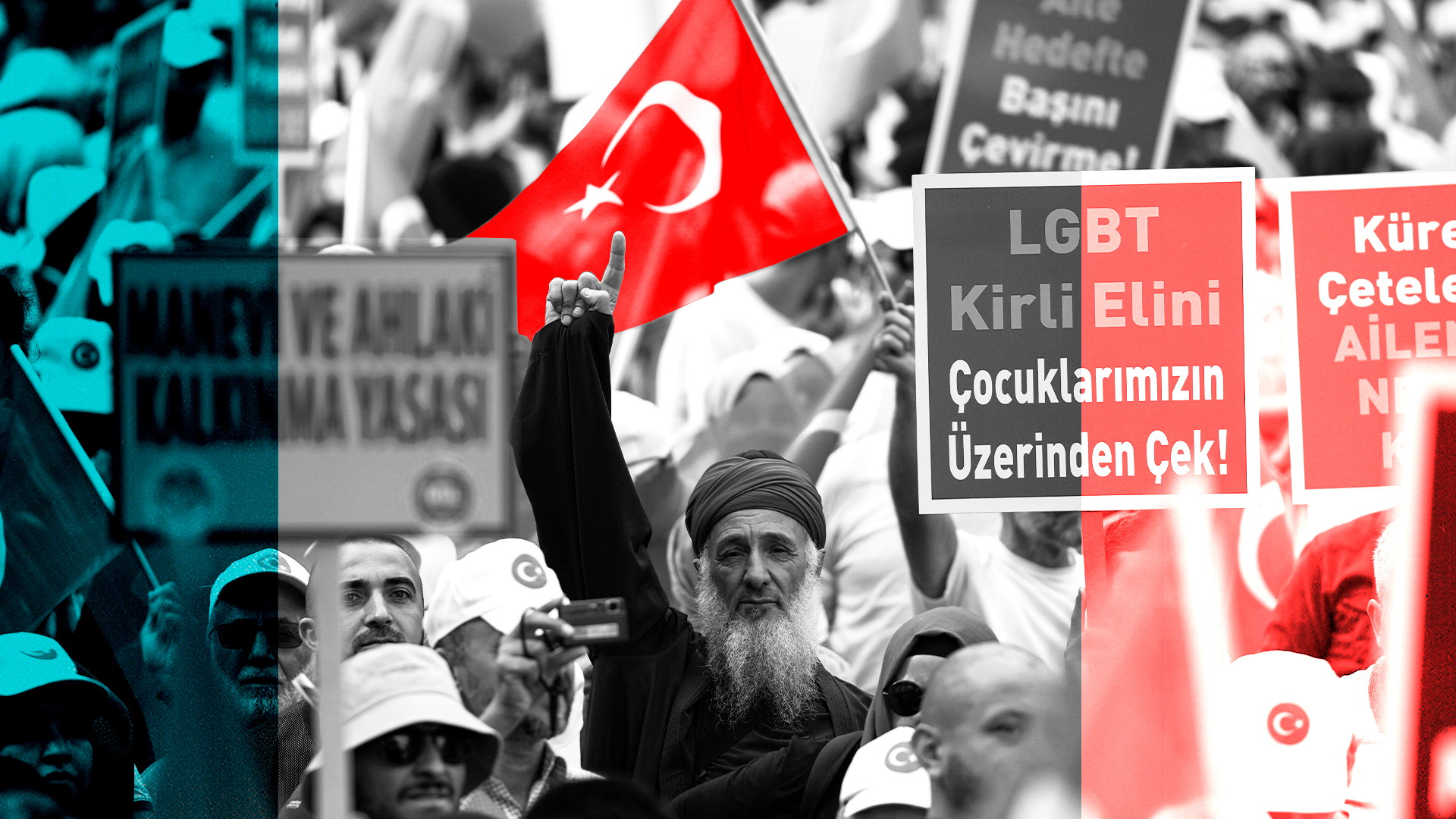Russian police raided LGBTQ clubs across Moscow on the evening of December 1. One man described having to wait for hours with dozens of others, some of whom were forced to strip down to their underwear, as police searched the club. Police claimed they were looking for drugs, but meanwhile took photographs of each customer’s ID. The previous day, Russia’s Supreme Court had declared the international gay rights movement “extremist,” a repressive, if vague, measure that effectively bans LGBTQ activities in the country. The ruling, so quickly followed by the raids, has left Russia’s queer community reeling.
“Everything is now going underground,” said Alexander Belik, who works for the LGBTQ advocacy group Sphere. “It’s not clear whether this will affect all members of the LGBT community, whether your sexual orientation simply counts as membership in this ‘extremist organization.’”
The November 30 ruling means that “the international LGBT public movement” will be added to a national list of banned groups, including the Islamic State group, Jehovah’s Witnesses, and, since October 2022, Facebook owner Meta. Supporting an extremist group can be punished by up to 10 years in jail, but it’s unclear how the ruling might be enforced, since the LGBTQ movement isn’t a formal, recognized group. Belik, who uses they/them pronouns, believes that the ambiguity of the law, and its absurdity, is the end goal.
“The point here is to create total uncertainty in the LGBT community and to intimidate everyone,” they said. “It will definitely be used against activists, people who publicly say they defend the rights of the LGBT community. But, it could just as likely be used against any LGBT person living in Russia or their allies.”
When first filing the case to court earlier last month, the Ministry of Justice said that the international movement exhibited “various signs and manifestations of an extremist orientation, including incitement of social and religious hatred.”
Under President Vladimir Putin, the Russian government has increasingly targeted LGBTQ communities for political ends. In 2012, the government stoked a moral panic to try to shift attention away from corruption scandals that had driven a wave of huge protests. When the protest group Pussy Riot staged its infamous Punk Prayer protest in a Moscow cathedral, the government was able to capitalize on a backlash from middle-class Russians and portray itself as a defender of religious and traditional values. The following year, the Russian Duma passed a law outlawing the promotion of “gay propaganda” to minors.
Lawmakers have focused on framing anti-LGBTQ measures as a way to protect the country against a “Western export” that poses a major threat to Russia’s falling birth rate. Since 2014, discussion of Russia’s war and occupation of Ukraine has often been intertwined with the anti-LGBTQ campaign. On state television, broadcasters have railed against the threat of “Gayropa” encroaching on the Russian world as Ukraine pushes for European integration. After the full-scale invasion began last year, the Russian government imposed a series of increasingly severe anti-LGBTQ measures. This summer, Russia banned all gender-affirming care for transgender people and in November 2022 prohibited any activities discussing or promoting LGBTQ relationships.
Last September, Putin carved out time from the televised ceremony where he annexed four Ukrainian territories to speak out against transgenderism and gay parenting. “Do we really want, here, in our country, in Russia, instead of ‘mom’ and ‘dad’, to have ‘parent No. 1’, ‘parent No. 2’, ‘No. 3’? Have they gone completely insane?” Putin said. “We have a different future, our own future.”
That future has found favor abroad in countries such as India, Uganda and Turkey, where prominent anti-LGBTQ figures have been invited to speak at “family values” protests. Russia’s gay propaganda law has inspired lawmakers in Poland, Kyrgyzstan, Lithuania and elsewhere to propose similar measures.
At Coda, we’ve tracked the weaponization of homophobia in Russia since our publication launched with a pilot reporting project on LGBTQ disinformation campaigns across Eastern Europe. Here is a rundown of how we’ve been tracking this story:

1. The LGBTQ rights debate is testing Ukraine’s commitment to Europe. Since the 2014 Maidan revolution, Ukraine has taken steps towards recognizing and protecting its LGBTQ population. Especially with the growing visibility of LGBTQ soldiers, legislative protections for LGBTQ people in Ukraine are now being cast as a cultural rebuke of Putin’s — and by extension, Russia’s — worldview.

2. Russia’s new scapegoats. With the Center for Investigative Reporting’s Reveal, we trace the roots of the anti-gay movement and shows how President Vladimir Putin uses this agenda to quash political dissent, exert influence on neighboring nations and bash the West.
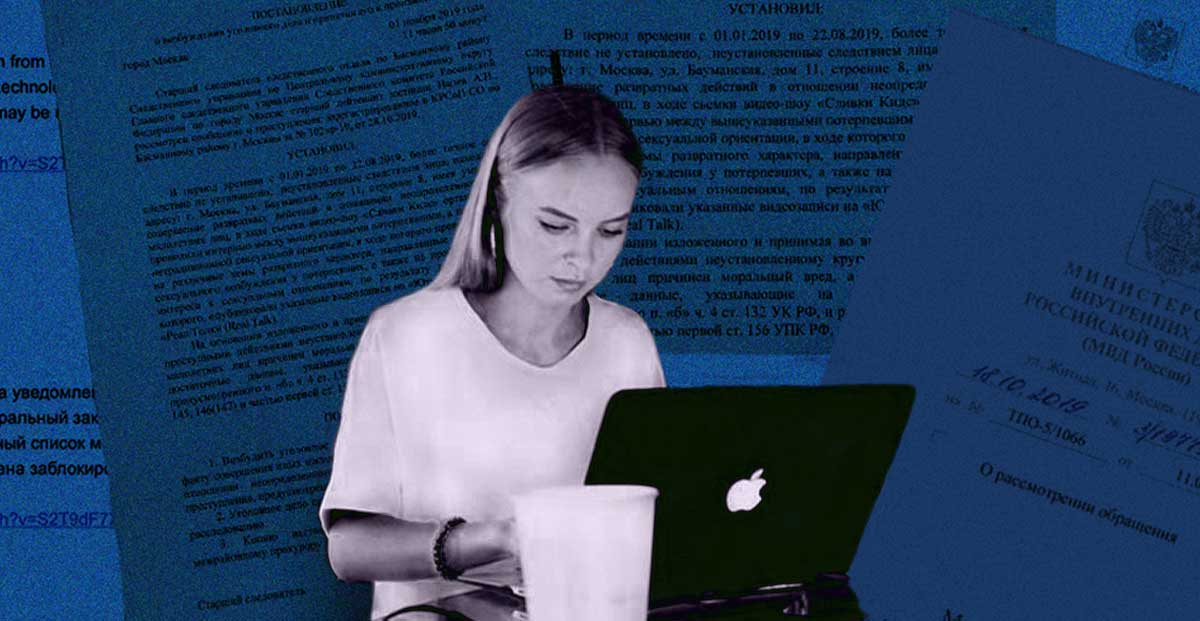
3. On the run in LA from Russia’s anti-LGBTQ campaign. While Russian authorities only charged a handful of people with the controversial LGBTQ propaganda law, the legislation proved to be a powerful censorship tool for removing online discussion of LGBTQ issues from Google and other platforms

4. Russian investigators single out gay fathers in latest crackdown on LGBTQ rights. Our reporter looks at how child trafficking laws have been weaponized to jail gay men who fathered children with surrogate mothers.




